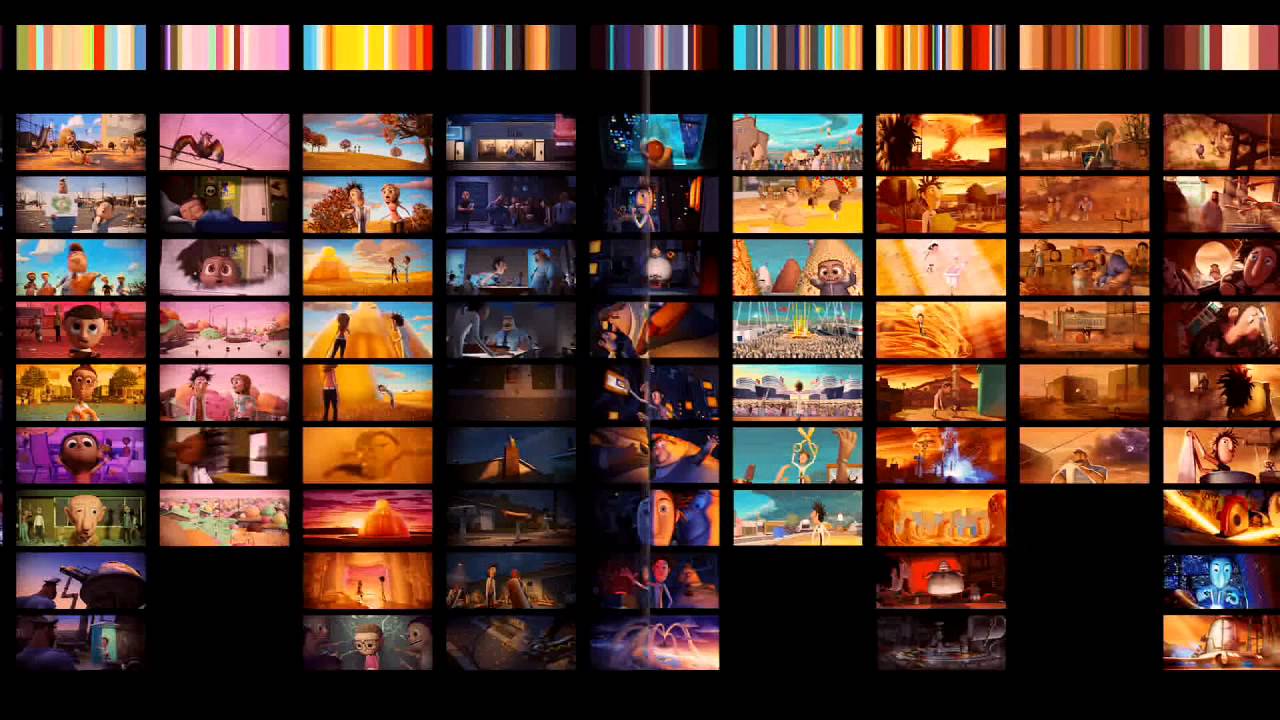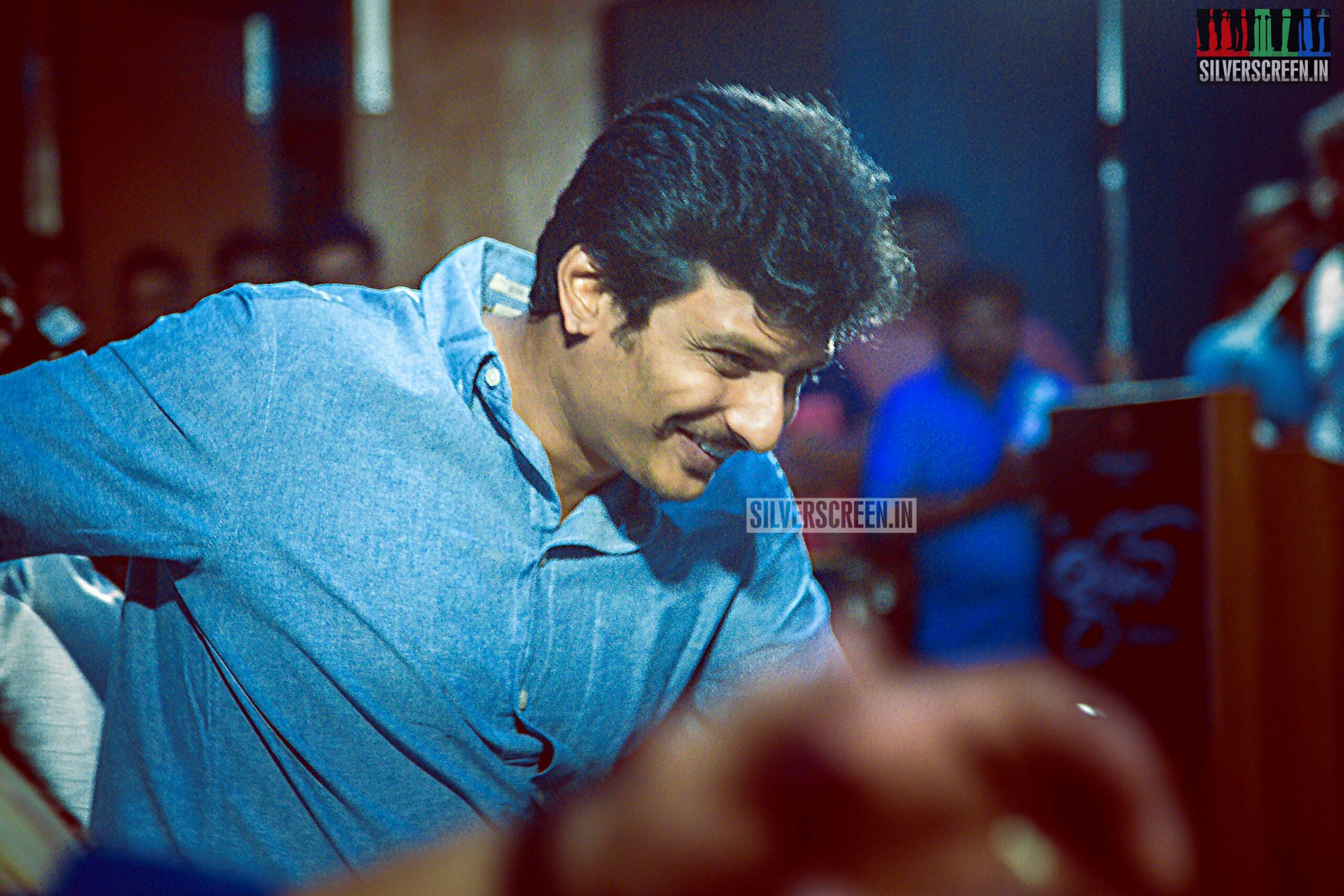Mirzya’s basic storyline is like a Harlequin romance. A prince on a white horse, a dark and mysterious stable-hand (who rides a motorbike), and the heroine type that refuses to fade – the wide-eyed maiden caught between the love of two men.
But Mirziya, which has gorgeous choreography from Pawel Dyllus, is best watched with the pause button on. Flames and shadows leap, sparks sizzle as blacksmiths work, and sinewy bodies undulate to Shankar Ehsaan Loys’ soaring music. It’s so pretty to watch, like an advertisement for Aquafina mineral water.
How could an epic tale of star-crossed lovers, with such beautiful visuals, be this insipid? For one, director Rakesh Omprakash Mehra seems to assume that everyone is familiar with the story of Mirza-Sahiban (the legendary tragic romance from Punjab), and explains nothing.
*****
There are two alternating stories: Suchitra and Monish (later Adil Mirza) in the real world, and Sahiban and Mirziya in the fantasy/ancient world.
As children, the line between Suchitra and Monish is charmingly blurred: they’re something between sibling, friends, and ‘boyfriend-girlfriend’. The school scenes lack the film’s grand visuals, but have a compelling realism that is sorely missed later. When Suchitra half-heartedly clambers on the school bus without Monish, you feel her disappointment. When Monish sneaks into class late, and shares a mischievous smile with his classmates, you feel the camaraderie in the classroom.
But soon Monish is arrested and taken away and Suchitra moves away on an aeroplane. The film skips ahead as well.
An adult now, Suchitra (Saiyami Kher) is engaged to a dependable, charming prince named Karan (Anuj Chowdry). For about three scenes, Karan and Suchitra sappily miss each other on the phone, walk arm-in-arm on the street (reminding you of SRK and Kajol in Pardes), and make out in a car like they are about to hand each other a Dairy Milk.
Enter grown-up Monish, now named Adil Mirza (Harshvardhan Kapoor) and employed as Karan’s stable-hand. It’s not so much a love triangle after that, as much as lots of shots of Sahiban and Mirza on a horse, and Suchitra and Monish on separate horses.
*****
The Sahiban-Mirza story’s claim to fame in the genre of star-crossed lovers’ tales is that Sahiban seemingly betrays her lover at the last minute by breaking his arrows. A female perspective was of utmost importance in a story like this, especially because Sahiban is a figure that is vilified in Punjab.
In the old story, Mirziya is a mighty warrior whose arrows always find their mark. Sahiban breaks the arrows because she wants neither her lover nor her brothers (who are in pursuit) to die. Brothers riding to certain death because honour compels them. Lover ready to commit dastardly murder because love compels him. And a woman’s desperate act, motivated by peace, resulting in disaster.
In Mirizya though, Gulzar and Mehra struggle to unearth possible motives behind Suchi’s decisions. Suchithra (Saiyami Kher) is inscrutable — her frozen face is very effective at masking her true feelings. Why does she stay in the engagement? Why does she take out the bullets? We feel no emotional connect with the events unfolding on screen.
Adil Mirza/Monish (Harshvardhan Kapoor) is at best an overgrown man-child whose only sign of maturity is that face full of hair. He’s suitably fierce in the period portions of the film, but visibly struggles to fit into Adil Mirza’s bad-boy shoes.
*****
Realism is compromised for camera excitement yet again, when the duo ride a bike into a vast, vast desert. At this point, the film begins to resemble a cautionary tale, though perhaps not the one Mehra wanted to tell. About the dangers of running away with the bad boy with the shaggy hair and bedroom eyes.
He’s good with the bikes, sure. But, he’s not always going to carry enough fuel.
*****
Recommended
It’s clear that Mehra has tried to infuse novelty into this mythic re-telling. A parallel storyline in two worlds, interspersed with beautifully choreographed dancing by credit to Raju Sundaram. In fact, Myrzia has excellent theatrical sequences and stunning sound that would have worked into a seamless text had Mehra pushed his ideas to the hilt: dropped the inane dialogue (and lyrics) and let the crescendo of music, dancing and visuals tell their own story.
An experimental theatre-art film with a timeless storyline.
Then no one would care that fireballs randomly fall from nowhere, that important spears land off-camera, or that Mirza flings arrow after arrow towards the skies. No one would care about the CGI disaster of a lion that growls its way into a romantic night safari, because accuracy wouldn’t be relevant.
And perhaps, then, the doomed heroine of yore could have finally found redemption.
*****
The Myrzia review is a Silverscreen original article. It was not paid for or commissioned by anyone associated with the movie. Silverscreen.in and its writers do not have any commercial relationship with movies that are reviewed on the site.



